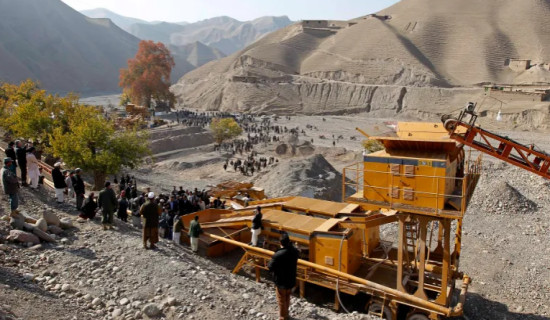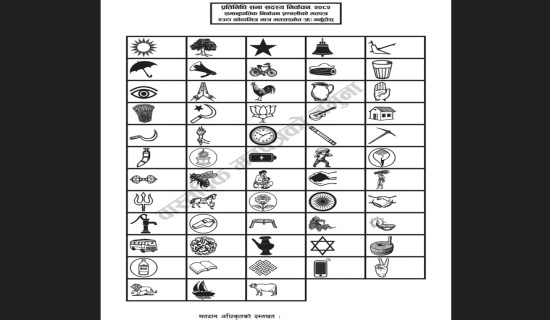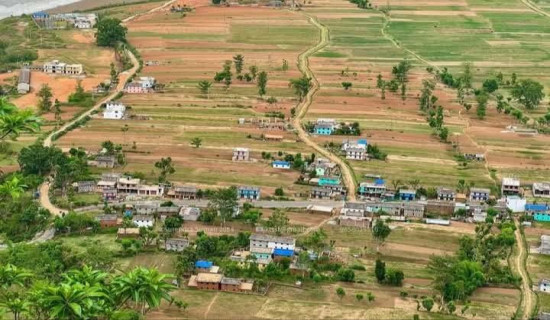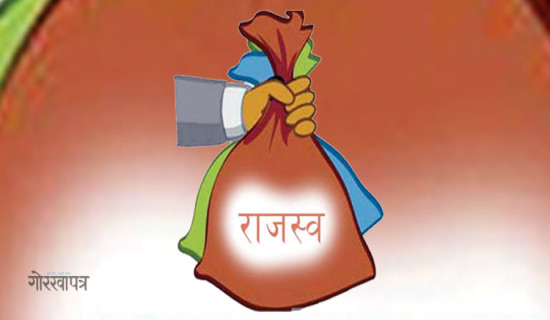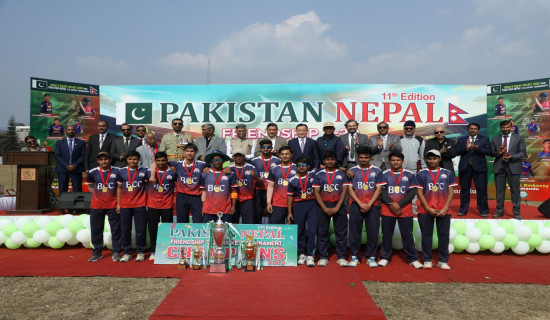- Monday, 16 February 2026
'Nepali Army deserves taking leadership in peacekeeping task'
Rachel Schiller is the Deputy Assistant Secretary for Programmes and Operations in the Bureau of Political-Military Affairs of the US Department of State.
In this capacity, she oversees the Office of Global Programme and Initiatives and the Office of Weapons Removal and Abatement (WRA). She has served as an advisor to the United Nations and the World Bank.
Schiller also worked intensively on the Aceh peace process in Indonesia. Rachel is a 2020-2021 International Women’s Forum Fellow as well. Schiller spoke to Purushottam P. Khatri of The Rising Nepal on Wednesday upon her arrival in Kathmandu for the opening of Ex-Shanti Prayas-IV, the multinational peace drills, and the inauguration of 185 kVA solar power project. Excerpts:
The US military and the Nepali Army have a long-standing relationship. How would you like to see and comment on this military-to-military partnership with Nepal.?
As you know, I'm here to open Ex-Shanti Prayas-IV, the multinational peace exercise, which is really distinct and accorded a high priority by the Nepali Army and the Nepal government. The US government feels very proud to be a part of it and co-sponsor this exercise. This is truly a multinational endeavour. We are now celebrating 77th year of bilateral relationship with Nepal. We cooperate in the area of disaster response, humanitarian assistance, medical care and, of course, peacekeeping.
It is such a pleasure to be in Nepal and develop partnership with the Nepali Army through an act of installing hybrid solar power system of 185 kVA at the Birendra Peace Operation Training Centre (BPOTC), the first of its kind in the world the US government has funded ever in Panchkhal of Kavrepalanchok district.
The installation of the solar power is a step taken to reduce carbon emission and keep the peacekeepers away from the footprints of carbon emission and assist in achieving the Sustainable Development Goals as set by Nepal through such partnership.
So today, we are really proud and inaugurate Shanti Prayas-IV and the solar power generator at BPOTC.
How is the US government/military supporting the Nepali Army and its UN peacekeeping force? Should we look forward to any new avenues of support, assistance or training from the US to the NA in the near future?
We have just replicated the partnership into support by installation of the solar power project and the opening of the Shanti Prayas-IV itself is a great example and testament to the long-standing partnership of the US Army with the Nepali Army remaining under the Global Peace Operation Initiatives (GPOI) of the Department of State.
The US Army under the GPOI alone has spent 15 years partnering with the Nepali Army for the establishment of different infrastructures at the BPOTC.
We anticipate continued engagement and commitment with the Nepali Army. I think, as you know, Nepal this year became the largest troop contributing nation to the UN peacekeeping operations, and we congratulate them and we are very proud to see them and look forward to assume the leadership role in the world stage and continue with our partnership.
Nepal is currently the top troop contributor to the UN peacekeeping missions worldwide. How does the US see it and how does the Ex-Shanti Prayas exercise contribute to maintaining global peace?
First of all, let me extend my congratulation to Nepal and Nepali Army for becoming the largest troop contributing nation (TCC) to the UN peacekeeping missions among all other countries by contributing over 6,200 peacekeepers at one lot of deployment from Nepal.
Nepal has served with distinction since 1958 in their first mission, and during this period nearly 149,890 personnel have already served in 44 missions in 37 countries across four continents. Unfortunately, 73 made their ultimate sacrifice during the course of peace mission. We thank Nepal for their dedication, commitment to the UN peacekeeping and we stand ready to continue support for this partnership as Nepal continues to assume leadership role in the world stage.
Could you please highlight the features of the hybrid solar power system and its benefit to peacekeepers and its offices in mission abroad?
Yes, the hybrid solar initiative is a first of its kind technology in the UN peacekeeping missions. The UN has been trying to green the blue which means to help reduce carbon footprint of the UN peacekeeping mission and this is really a first initiative we are going to see in the UN which will do several things.
First, it will help to shift from diesel power to solar power so as to reduce the carbon emission. But I think, secondly, the cost reduction for not having to purchase expensive fuel every time. But very importantly, and the most important I think, the safety and security of the peacekeepers when they have to go out for refueling their vehicles. When the solar power is there, they don't have to go for purchasing fuel and don't have to buy separate power supply from the local government.
What is the reason behind multiplication of security threats to the global peace?
The UN peacekeeping is getting more complex and multidimensional in nature from security viewpoint than at any point of time in history. And I think, the international community is more committed than ever, and on the other side, the United States is also more committed than ever to ensuring the success of the UN peacekeeping and ensuring the troops have the proper training and the equipment they need to train and deploy, to sustain themselves. I think the troop contributing countries and their peacekeepers are serving a noble mission. They are carrying out the mandates of the Security Council for peace and security and they are really advancing the peace and security around the world.
Where does the Nepali Army's capability stand and what may be the areas of cooperation and benefit for the Nepali Army from the Exercise Shanti Prayas?
As you know, the GPOI is the largest capacity building programme designed for the countries contributing to the UN peacekeeping mission in the world and since 2005, the US government has committed over a billion and half dollars for the global peace operation initiatives to countries around the world.
Nepal being one of our strongest and best partners of GPOI, we are so proud to see it assume the leadership role in UN peacekeeping and we are very committed to continuing such partnership. I think this is only the beginning from the hybrid solar power generator. We are also going to review the study and the impact of this project how it helps to save cost, reduce emission, and the impact on safety and security of peacekeepers and we will publicise it and make it known to the other countries so that it can set an example. We will also be cementing our partnership with the other countries and the best practices from this project. We are really proud of this project and working with Nepal for piloting it.

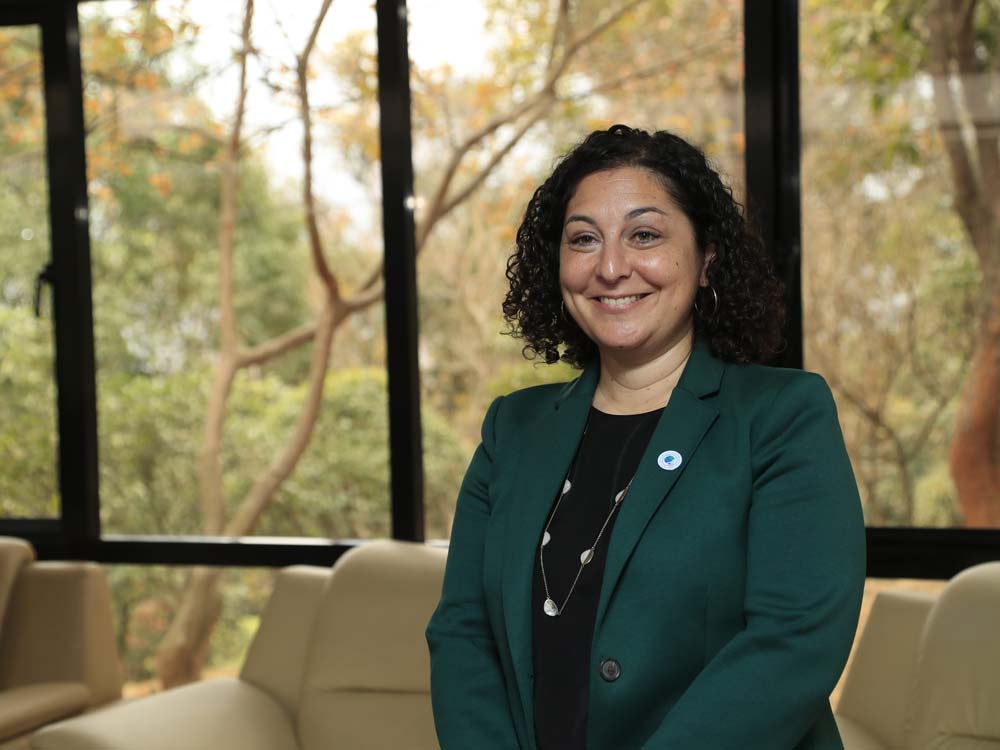



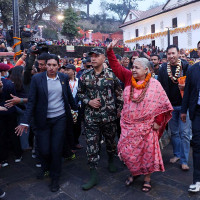
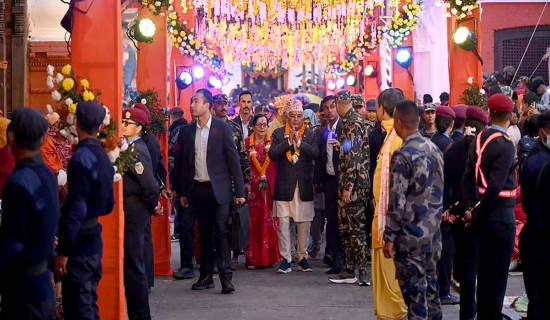

-square-thumb.jpg)
